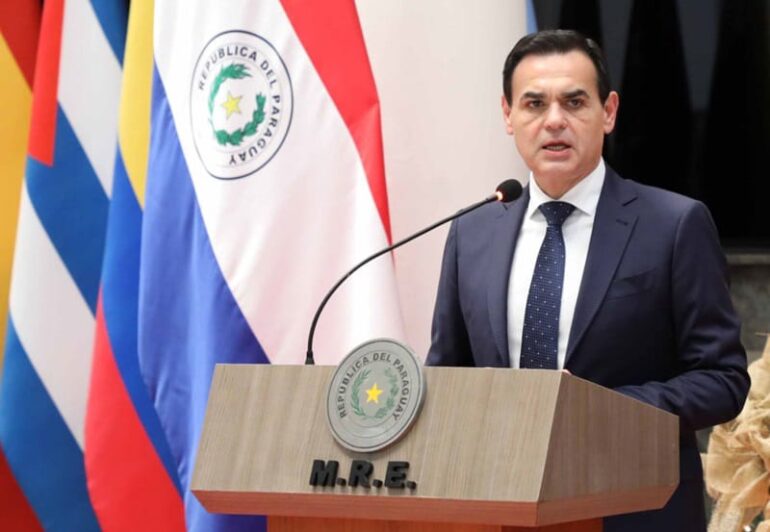Speaking in Tokyo, Paraguay Foreign Minister Rubén Ramírez Lezcano announced that negotiations on a wide-ranging Free Trade Agreement (FTA) between South America’s largest trading bloc and Japan were expected to resume next month, after a 7-year delay.
“The Mercosur states are in political agreement. Now is the time to do it and we are ready to relaunch the talks”, said Ramirez, adding that the bloc was also keen to strengthen economic ties with other Asian countries.
Paraguay currently holds the rotating presidency of Mercosur, which comprises Argentina, Brazil, Paraguay and Uruguay as full members, with Bolivia joining soon. Last December, Mercosur completed a FTA with Singapore – it’s first with an Asian country. Talks are also ongoing with South Korea, with hopes for similar arrangements with other Asian countries such as Indonesia, Malaysia, India, and Vietnam.
Earlier this year, Brazilian President Luiz Inacio Lula da Silva highlighted the need to “explore new negotiation fronts” during talks with Japanese Prime Minister Fumio Kishida, in response to concerns that the long-awaited FTA between Mercosur and the European Union was taking longer than expected to complete, despite being some 25 years in the making.
The European Union has faced resistance from some countries and sectors, in particular from farmers, who are currently engaged in long-running protests across the EU, calling for an end to FTA’s with third countries.
Japan’s domestic agricultural situation contrasts starkly with that of the EU, with local production meeting just 38% of demand – close to a historic record low – which Ramirez says creates potential for a massive economic opportunity on both sides.
“The FTA would include goods and services, including agricultural products, which is very important for Japan,” he said, noting that food security was a concern for many nations who are currently trying to reduce their reliance on Chinese imports.
Mercosur countries are major producers of food, notably soy, corn, beef, poultry, and coffee, and Ramirez acknowledges that the reduction of tariffs may lead to some resistance from Japanese farmers also.
“We cannot exclude potential challenges during the talks, and agricultural products could pose one,” he said. “But that is the reason why we need to start the dialogue and define how we deal with the different issues.”
Ramirez also said an agreement could also benefit other economic sectors, such as emerging technologies, renewable energy, and infrastructure. These are areas which Paraguay is keen to develop, and would welcome investment and technical knowledge from Japan as part of a wider cooperation.
“Many companies in Japan, including in the food sector, constantly develop new technologies, but they don’t always have the opportunity to apply them here in Japan,” Ramirez said, noting that Japanese firms would have access to the land, climatic conditions and human resources in Paraguay to develop large-scale production, as well as access to a roughly $2.8 trillion economy.
“Paraguay is located at the center of South America and the country can serve as a hub to integrate supply chains with neighboring countries such as Brazil, Argentina, Uruguay, Chile and Bolivia.”.


